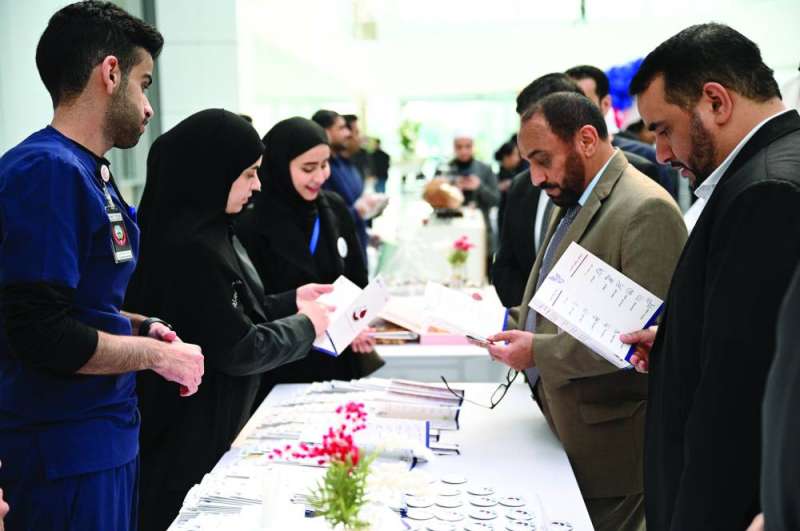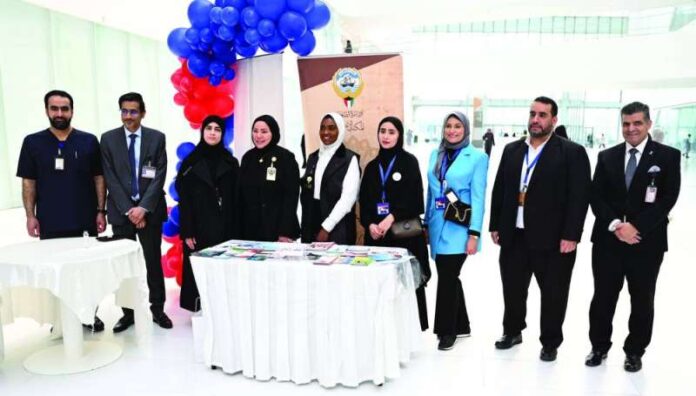Dr. Jamal Al-Duaij, the Director of the Jahra Health District, has confirmed that Jahra Hospital is currently operating at 70 percent of its capacity.
Speaking at the annual event of the internal medicine department focused on anemia and iron deficiency, Dr. Al-Duaij expressed the Ministry of Health’s commitment to expanding the opening of clinics and specialties within the hospital. He emphasized the ministry’s efforts to provide the necessary medical personnel across various specialties to deliver healthcare services to the residents of Jahra, given the hospital’s status as a significant health facility covering the Jahra Governorate.
Dr. Al-Duaij highlighted recent developments at the hospital, including the opening of new departments for nuclear medicine and ophthalmology. He also mentioned that additional departments are slated to open soon to better serve patients.
Dr. Aziz Al-Dhafiri, the head of the internal medicine department, informed Al-Rai that the annual event, held from November 26, aims to raise awareness about anemia and iron deficiency diseases. The focus is on vulnerable groups such as children, pregnant women, and individuals with chronic conditions like heart and kidney failure.
Dr. Al-Dhafiri described the event as successful, stressing the importance of regular blood tests to prevent anemia and detailing available treatment methods, including injections or pills, with follow-up at the hematology clinic.
Dr. Aisha Al-Ajmi emphasized that symptoms of anemia due to iron deficiency encompass headaches, fatigue, academic delay, lack of concentration, poor memory, pale facial color, mouth ulcers, shortness of breath, cold extremities, hair loss, and broken nails. She noted that pregnant women, teenage girls, individuals on strict diets, and children are the most commonly affected groups by anemia caused by iron deficiency.
The event was supervised by Aisha Al-Ajmi, Warej Al-Saidi and Amal Al-Otaibi from the Internal Medicine Department at Al-Jahra Hospital.


















